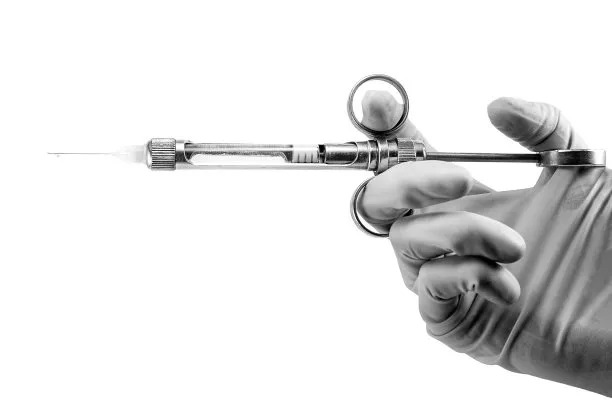Essential Guidelines and Precautions for a Successful Dental Implantation Procedure and Recovery Process
Summary: Dental implantation is a vital procedure for restoring oral function and aesthetics. Effective management before, during, and after the operation can significantly influence the success rate and recovery of the patient. This article outlines essential guidelines that encompass pre-procedure preparations, the actual surgical process, post-operative care, and long-term maintenance of dental implants. Each segment emphasizes critical precautions to ensure the patient’s well-being, reduce complications, and promote a smoother recovery, ultimately leading to a successful integration of dental implants.
1. Pre-Procedure Preparations for Implantation

The success of a dental implant largely hinges on the preparations undertaken prior to the surgery. First and foremost, a comprehensive dental evaluation is crucial. This involves taking X-rays and 3D images of the jawbone, which help to assess the condition of the mouth and determine the placement of the implants accurately. Without this foundational knowledge, the risks of complications during surgery increase significantly.
Next, patients should discuss their medical history with their dentist. This includes informing the provider about any underlying health conditions such as diabetes, heart disease, or autoimmune disorders that could impact the surgery and healing process. Based on this dialogue, the dentist can create a tailored treatment plan that addresses individual needs and mitigates risks associated with the implantation.
Lastly, it is advisable for patients to refrain from smoking and reduce alcohol consumption before the procedure. Both behaviors can impair healing and increase the risk of infection. Overall, effective pre-surgery preparations can lay the groundwork for a successful dental implant process.
2. Surgical Procedure and Best Practices
During the surgical procedure, following best practices is essential to ensure a successful implant placement. First, the choice of anesthetics plays a crucial role. Dentists must select suitable sedation methods based on the patient’s comfort level and anxiety. Local anesthesia is commonly used, but in certain cases, general anesthesia may be preferred, particularly for complex procedures.
Furthermore, its vital for the surgeon to maintain a sterile environment. Infections are among the leading causes of implant failure, making it essential that proper sterilization techniques of instruments and surgical site be observed. This not only protects the patient but also enhances the likelihood of a successful surgery.
Lastly, surgeons need to respect the anatomical structures during the operation. Precision is key, as incorrect placement can lead to long-term complications such as nerve damage or sinus issues. Thus, a careful approach during the surgical procedure is imperative for optimal results.
3. Post-Operative Care and Recovery Tips
Post-operative care is critical in ensuring the longevity and success of dental implants. Immediately after surgery, patients should follow dietary restrictions, such as sticking to a soft food diet for several days. This helps avoid excessive strain on the surgical site and promotes healing. Hydration is also vital, but patients should avoid using straws, as the suction can dislodge blood clots that are essential for the healing process.
Additionally, proper oral hygiene must be maintained, but care should be taken to not disturb the implant site. Gentle rinsing with salt water can help keep the area clean while minimizing the risk of infection. Regular follow-ups with the dental provider are also vital for monitoring healing and identifying any potential issues early.
Pain management is another aspect of post-operative care. Patients should adhere to prescribed pain relief medications while avoiding over-the-counter NSAIDs unless advised by the dentist. Listening to one’s body and avoiding strenuous activities can further support a smooth recovery process.
4. Long-Term Maintenance for Dental Implants
The journey does not end once the dental implants are successfully placed. Long-term maintenance is necessary to preserve functionality and aesthetics. One vital aspect is routine dental checkups, allowing the dentist to assess the health of the implants and surrounding tissues. These appointments are also opportunities for professional cleaning that can help prevent issues like peri-implantitis.
Moreover, maintaining a consistent oral hygiene routine is indispensable. Patients should brush twice daily and floss regularly, ensuring the areas around the implants are clean. Using antibacterial mouthwash can also aid in protecting against infections.
Lastly, lifestyle choices significantly impact the longevity of dental implants. Avoiding tobacco and managing conditions like diabetes can enhance the success rates of the implants. With proper care and attention, dental implants can provide a functional and aesthetic solution for many years.
Summary:
The success of dental implants relies on careful consideration of multiple factors, including pre-operative preparations, meticulous surgical practices, diligent post-operative care, and vigilant long-term maintenance. Each phase is integral to achieving optimal results and ensuring the health and satisfaction of the patient.
This article is compiled by Vickong Dental and the content is for reference only.



